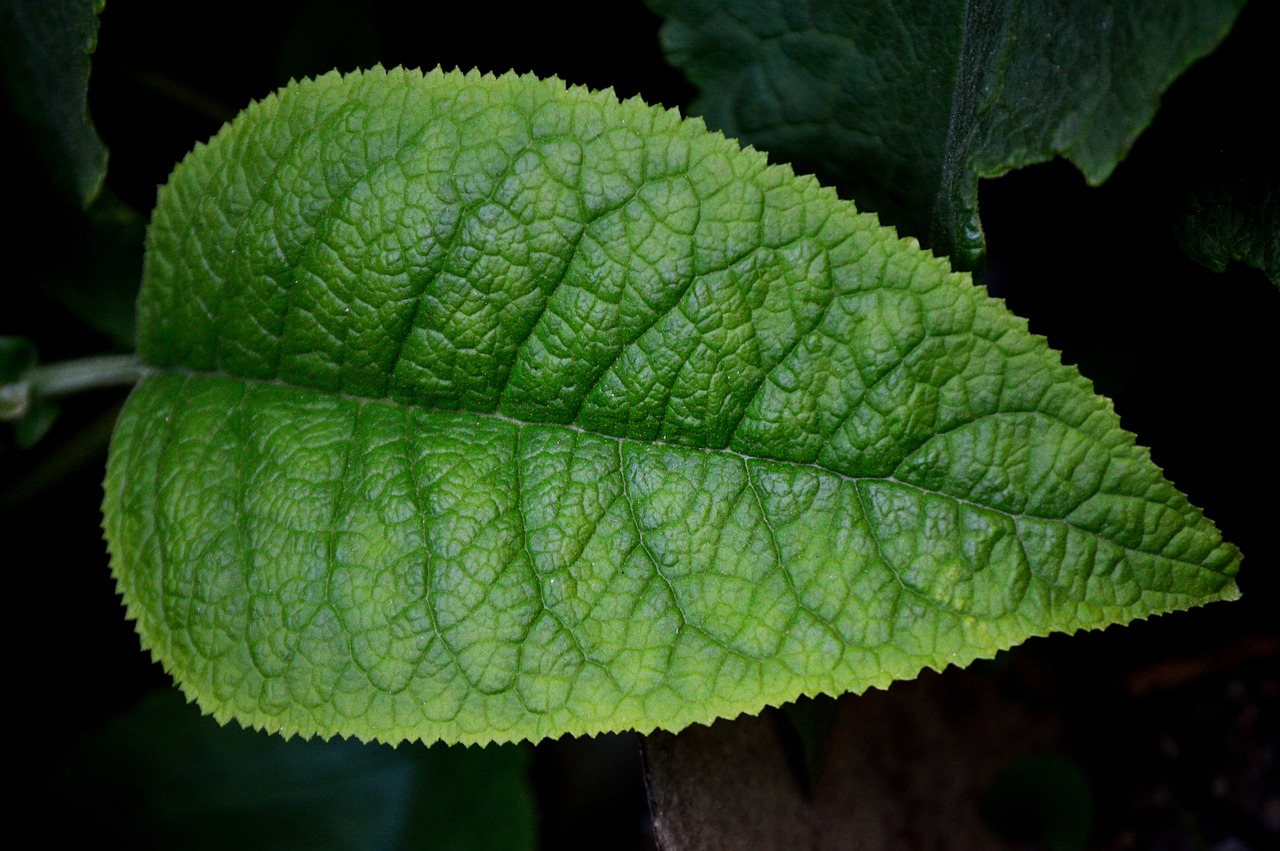Electric cars have been stirring up a storm for lithium. Prices of the mineral, which is an essential component of the lithium-ion batteries that power electric cars like Teslas, have been rising to stratopheric heights, amid the prospect of widespread mass production of fully electric cars, each requiring some 21.4 kg (47 lb) of lithium carbonate equivalent in their batteries.
The tripling in lithium prices over three years is poised to fuel a multi-billion dollar rush of deals as major players jostle for dominance to supply the metal needed for the electric vehicle battery revolution.
China accounted for more than half of global electric vehicle sales last year, which exceeded 1 million for the first time. And that’s just a taste of what’s to come as the government targets 7 million vehicles by 2025. The Asian nation’s expected to lead a mergers and acquisition bonanza as companies seek to wrest more control of the market from Western rivals.
China’s biggest supplier, Ganfeng Lithium Co., aims to deploy proceeds from a planned Hong Kong listing to extend an acquisition spree and there’s rumors going around that it could raise about $1 billion. Suitors including Tianqi Lithium Corp. are weighing offers for Nutrien Ltd.’s $4 billion stake in South America’s lithium giant Soc. Quimica & Minera de Chile SA. Tianqi has been considering a a Hong Kong share sale that could raise as much as $500 million, whereas Shaanxi J&R Optimum Energy Co. has held talks on a potential takeover of a new Australian miner.
End-users are also entering the fray. Toyota Group’s trading unit in January took a 15 percent stake in Orocobre Ltd., which produces lithium in Argentina, while Australia’s Pilbara Minerals Ltd. has won investments from South Korea’s Posco and China’s Great Wall Motor Co.
Galaxy Resources Ltd. has said it’s seeking to add partners as it advances the Sal de Vida project in Argentina and has held informal talks with auto makers and battery suppliers including Panasonic Corp.
The prospect of consolidation shows the lithium sector is maturing after its most recent price boom, according to Simon Moores, London-based managing director of consultant Benchmark Mineral Intelligence. “The industry is growing up,” he said. “Now is the time for majors to be making decisions.”






